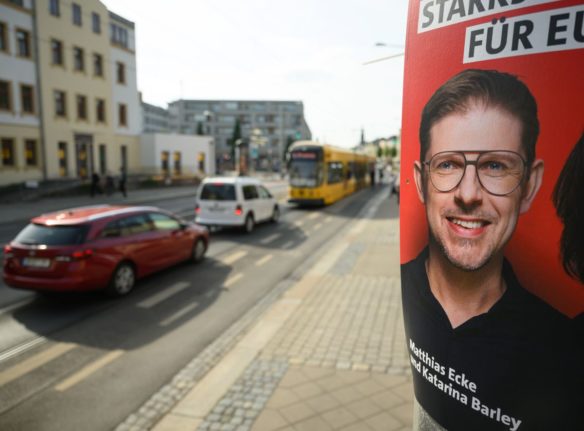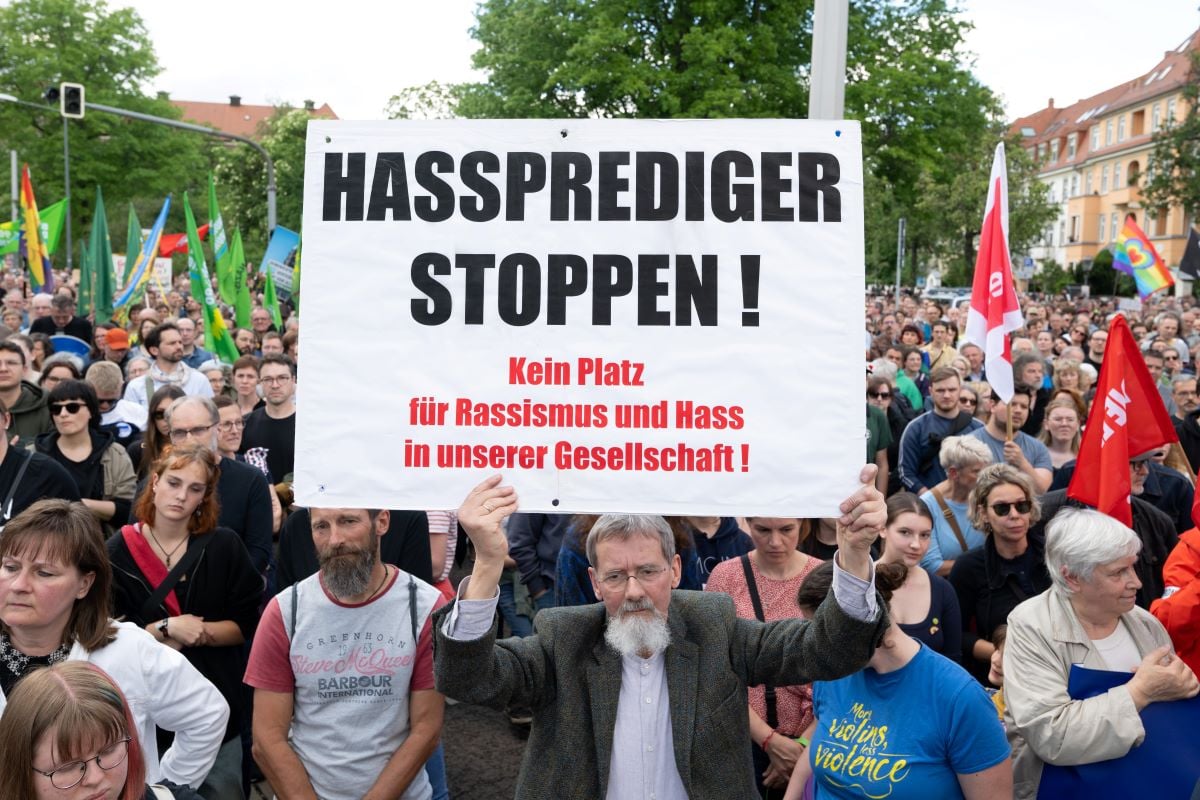“It was like in a bad film. The engine kept roaring and she was unstoppable,” police spokesperson Jana Kralisch told The Local.
After the 76-year-old Oma accidently brushed a parked car while attempting to pull out of a parking spot in the small town of Großhansdorf on Monday, police were called to the scene to help.
“She asked the officer to block the road for her so that she could take her time pulling out,” Kralisch said.
While police secured the area the woman took up the challenge again – and backed right into a minivan. But before the officer could come to her aid the retiree revved the engine and sideswiped a streetlamp at full throttle.
“She must have mistaken the gas pedal for the brake,” Kralisch said.
But her confusion seemed to simply spur her on. Having reached a state of total panic, the 76-year-old slammed the gas pedal again and careened into a BMW, pushing it up against a tree.
While police were busy trying to reach the freaked-out grandma, she accelerated again in reverse, smashing this time into a Nissan SUV which was itself forced into a parked Mercedes van.
Not finished just yet, the engine roared one last time and the senior citizen clipped a road sign, another BMW and then a Volvo before police managed to bring the joy ride to an end.
“She just got the car from her son this summer and even took some driving lessons, but they didn’t seem to have helped a lot” Kralisch said.
The retiree’s panic attack caused at least €40,000 in damages and police have pressed charges against her. She will now probably lose her license “due to a physical inability” to drive, Kralisch said.




 Please whitelist us to continue reading.
Please whitelist us to continue reading.